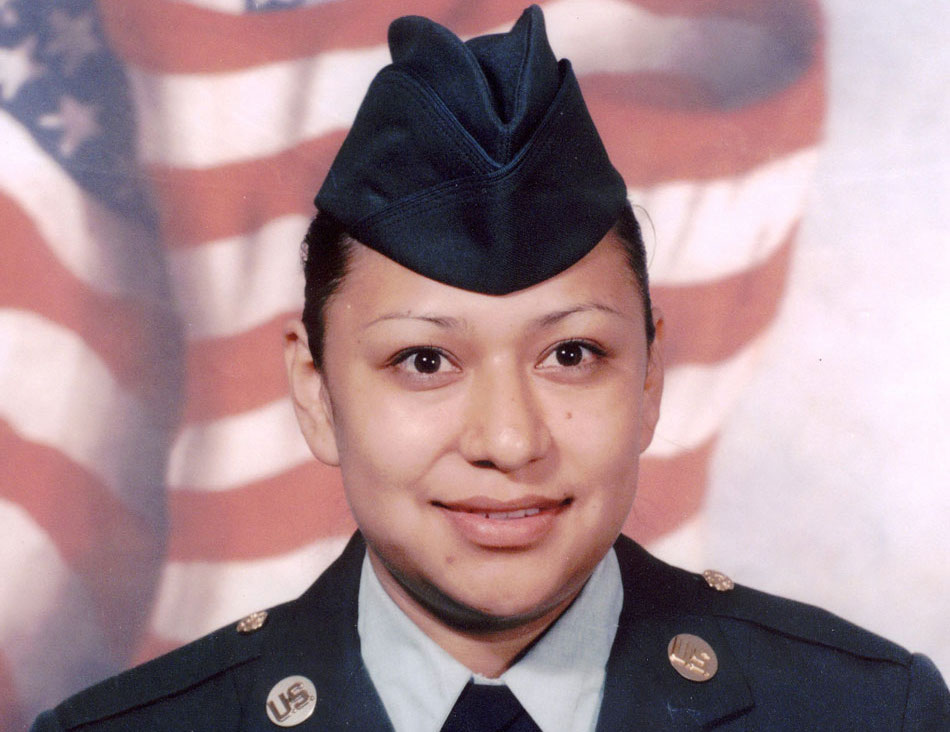
- Details
- By Levi Rickert
Opinion. Many consider Memorial Day the kickoff to summer, a day off to grill your favorite meat for a holiday cookout with family friends.
Memorial Day represents much more.
A number of years ago, I attended a Veterans Day service in a downtown park in my hometown of Grand Rapids, Michigan. A local newspaper reporter sitting next to me asked why there are two days to commemorate veterans: Veterans Day and Memorial Day. She asked if it was overkill.
I explained that Veterans Day honors those who have served in the armed forces, while Memorial Day is a day to honor those who lost their lives for the United States. I told her it definitely is not too much.
For this Memorial Day, President Joe Biden released a proclamation on Friday that said:
“Since our Nation’s founding, members of our Armed Forces have been willing to lay down their lives — not for a person or a place but for an idea unlike any other in human history: the idea of the United States of America…Generations of America’s beloved daughters and sons have dared all, risked all, and given all for this idea. Today, as they lie in eternal peace, we continue to live by the light of liberty they kept burning bright.”
Next Sunday marks the 100th anniversary of the 1924 Indian Citizenship Act, often referred to as the Snyder Act. I have been reflecting on how many Native Americans served and died in the U.S. Armed Forces even before they were made citizens. Native Americans making their contributions and sacrifices in the U.S. Armed Forces date back to the Revolutionary War.
During World War I, more than 12,500 Native Americans served in the U.S. Armed Forces. These Natives fought for freedom when they weren’t yet citizens of the country.
True to their reputation as warriors, almost two-thirds of the Native Americans served in the infantry. They won widespread praise for their bravery, achievement and sacrifice. Nearly 5% of these warriors died—the ultimate sacrifice—compared to 1% of American infantry soldiers overall.
On Memorial Day weekend, I often think of Spc. Lori Piestewa, a Hopi tribal citizen, and a warrior in her own right. Piestewa was the first Native American woman to die in combat while serving in the U.S. military and also the first woman in the entire U.S. military killed in the Iraq War.
Deployed from Fort Bliss in Texas, she had only been in Iraq for five weeks. Piestwea was only 23 years old when she gave her life for this country and her community. She left behind two young children.
For several years, Terry Piestewa, Lori’s father and a Vietnam veteran, wore a baseball cap that read: “All give some, some gave all.”
In the first years after Lori’s death, tribal communities across Indian Country celebrated her life and death. At first, her family found the memorials in her honor difficult. As time passed, the family found the memorials and tributes to Lori beneficial.
"Now that it's been going on a while, it's been helping us to heal," her father said. "And it helps our grandchildren to know their mother, because when you're that young, you don't know your parents when they leave. Through what is happening to us, our grandchildren are getting to know their mother quite well. They know that there are a lot of people out there still thinking about their mother."
This past Wednesday, while attending the National Tribal Health conference in Rapid City, S.D., I had the opportunity to interview Denis McDonough, the United States Secretary of Veterans Affairs. I asked him to comment on Native Americans and their service in the Armed Forces.
“Native Americans serve at a rate that is unrivaled among other ethnicities in this country,” he said. “And when one looks back at the critical role that our Native American warriors played in every war that we've had, one is humbled by their service, and obviously Memorial Day is a very important day to honor those who died in service.
As dual citizens—both of our tribal nations and the United States—Native Americans have defended the U.S. Constitution and fought to preserve democracy since our country’s founding. Throughout history, many Native Americans have died defending both. On this Memorial Day weekend, we remember and honor those fallen warriors who gave all.
Thayék gde nwéndëmen - We are all related.
More Stories Like This
Tribal Economic Development Programs in the Federal Contracting Environment: What They Are, and What They Are NotWhy Redefining Public Health Degrees Would Harm Native and Rural Communities
The SAVE America Act Threatens Native Voting Rights — We Must Fight Back
The Presidential Election of 1789
Cherokee Nation: Telling the Full Story During Black History Month
Help us defend tribal sovereignty.
At Native News Online, our mission is rooted in telling the stories that strengthen sovereignty and uplift Indigenous voices — not just at year’s end, but every single day.
Because of your generosity last year, we were able to keep our reporters on the ground in tribal communities, at national gatherings and in the halls of Congress — covering the issues that matter most to Indian Country: sovereignty, culture, education, health and economic opportunity.
That support sustained us through a tough year in 2025. Now, as we look to the year ahead, we need your help right now to ensure warrior journalism remains strong — reporting that defends tribal sovereignty, amplifies Native truth, and holds power accountable.
 The stakes couldn't be higher. Your support keeps Native voices heard, Native stories told and Native sovereignty defended.
The stakes couldn't be higher. Your support keeps Native voices heard, Native stories told and Native sovereignty defended.
Stand with Warrior Journalism today.
Levi Rickert (Potawatomi), Editor & Publisher

